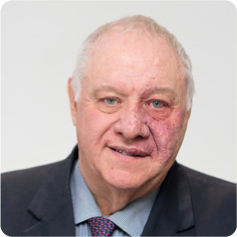References
Manifesto for change: governance and regulation within the aesthetics industry


 The Government should make dermal fillers prescription-only devices or provide legislation that restricts the currently unregulated supply
The Government should make dermal fillers prescription-only devices or provide legislation that restricts the currently unregulated supply
In 2018, the Joint Council for Cosmetic Practitioners (JCCP) was created as a Professional Standards Authority (PSA)-accredited voluntary register for non-surgical cosmetic practitioners (including healthcare practitioners and beauty therapists) in the UK. Since its inception, the JCCP has gathered firm and convincing evidence to confirm that voluntary registration does not act as an incentive to require individuals who practise in the sector to seek to register against a nationally agreed set of practice, competence and knowledge-based standards.
The JCCP is of the opinion that compulsory or statutory registration is required to provide members of the public with the assurance that registered aesthetic practitioners have demonstrated their compliance with the standards set by the JCCP (which were endorsed by the professional regulators, the PSA and by NHS England via Health Education England (HEE) in 2016). The JCCP was charged with the responsibility to ‘own’, enhance and implement the HEE standards in June 2018 (as agreed by HEE at that time). Such standards require practitioners to practise competently, safely and ethically against a declared code of practice and competency frameworks/standards. Such registered practitioners would also be accountable for their practice and would be aware that sanctions could be applied should they fail to meet the safe practice standards required in just the same way as can be imposed by a healthcare professional statutory regulator through the application of their fitness to practice rules (the PSA requires the JCCP to operate to the same fitness to practice rules as those used by the healthcare statutory regulators).
Register now to continue reading
Thank you for visiting Journal of Aesthetic Nurses and reading some of our peer-reviewed resources for aesthetic nurses. To read more, please register today. You’ll enjoy the following great benefits:
What's included
-
Limited access to clinical or professional articles
-
New content and clinical newsletter updates each month


